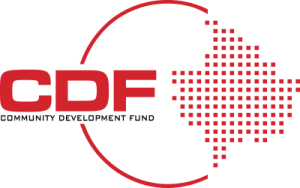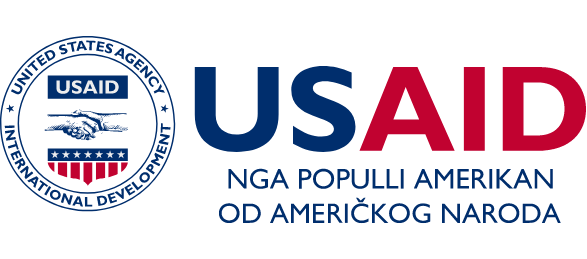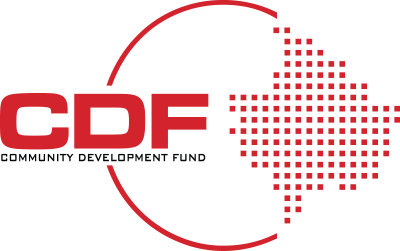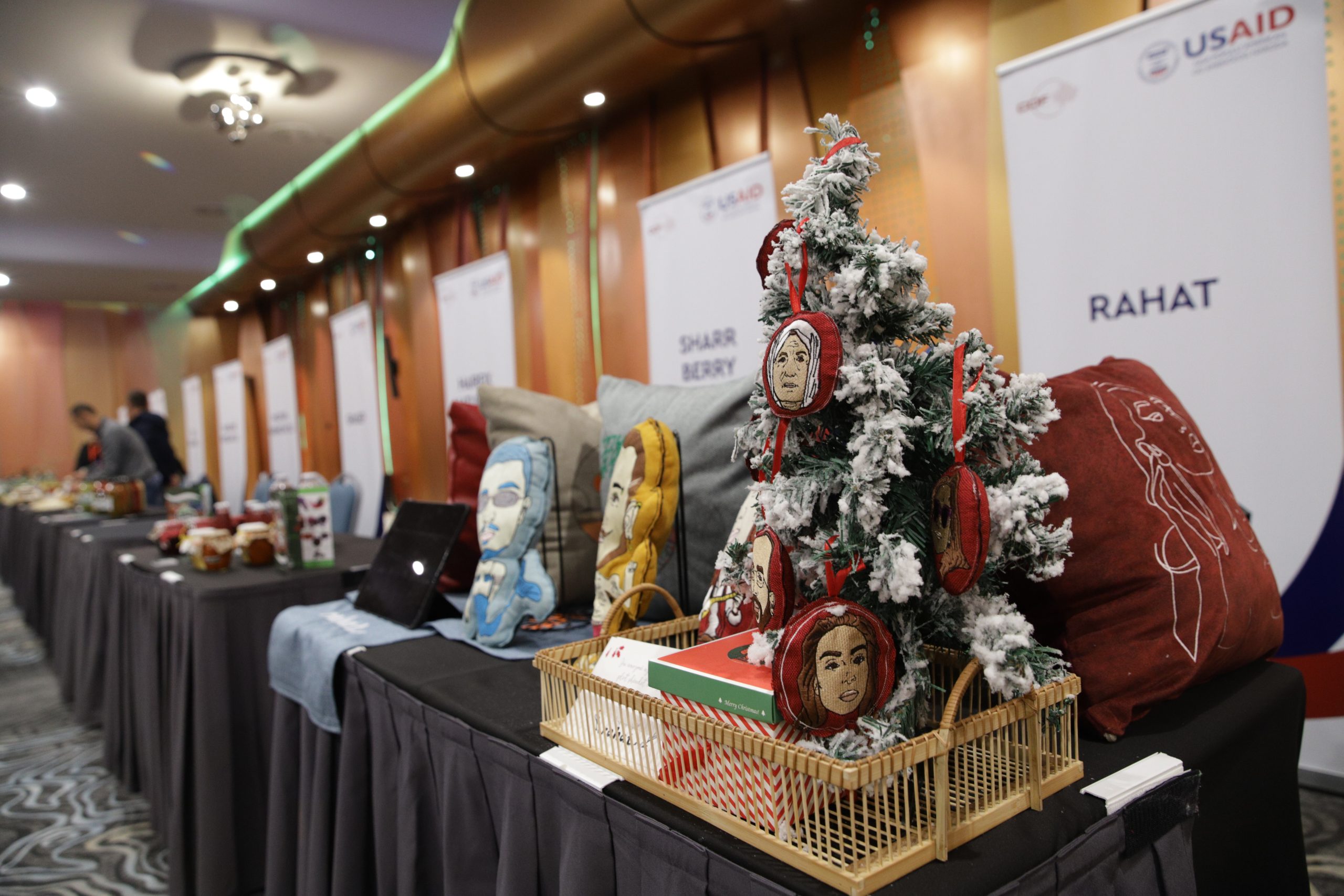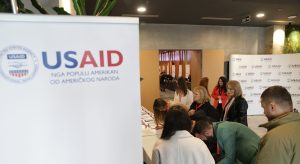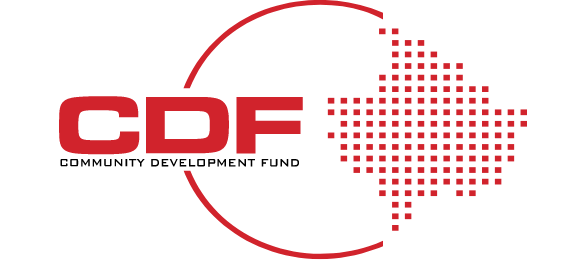In today’s globally connected marketplace, counterfeit goods have become an omnipresent challenge, touching every sector from fashion to pharmaceuticals. This widespread issue is not merely an economic encumbrance but a flagrant infringement of Intellectual Property Rights (IPR). This guide aims to delve deep into the multifaceted impact of counterfeit goods on Kosovo’s MSME landscape, providing practical legal guidance for safeguarding your intellectual property.
The Grave Impact of Counterfeit Goods
Economic Ramifications
Counterfeit goods can severely dent an MSME’s revenue streams by creating unfair competition. The counterfeit market undercuts prices, making it difficult for legitimate businesses to compete. In Kosovo, where MSMEs constitute a substantial portion of the economy, the impact can be crippling.
Example: Let’s say you own a fashion boutique in Kosovo that specializes in handcrafted leather bags. Counterfeit copies of your unique designs flooding the market could not only undercut your sales but also dilute your brand equity.
Reputational Damage
Beyond financial losses, counterfeits can also tarnish a brand’s reputation. Consumers who unknowingly purchase counterfeit products may attribute the subpar quality to the original brand, causing long-lasting reputational harm.
Example: Imagine you run a cosmetic MSME in Pristina. If counterfeit versions of your products cause skin issues for consumers, they may blame your brand, affecting customer trust and loyalty.
Legal Landscape in Kosovo
Current Legal Framework
Kosovo has made strides in strengthening its IPR laws, aligning them more closely with international standards. These laws cover patents, trademarks, and copyrights, providing a legal foundation for fighting counterfeiting.
Legal Recourse
Kosovo’s legal framework provides various avenues for redress against counterfeiting. One of the primary forums for such cases is the Commercial Court in Pristina. This judicial body can issue injunctions, award damages, and even order the destruction of counterfeit goods.
Example: If your tech startup in Kosovo has patented a unique software solution, and counterfeit versions emerge in the market, you can file a case with the Commercial Court for immediate injunction and damages.
Enforcement Agencies
Apart from judicial avenues, enforcement agencies such as Kosovo Customs and the Kosovo Police also play a role in combating counterfeiting. They have the authority to seize counterfeit goods at the border and initiate criminal proceedings against the perpetrators.
Proactive Measures for MSMEs
While legal recourse is vital, prevention is always better than cure. MSMEs should consider the following proactive steps:
- Trademark Registration: Ensure all your products, logos, and unique designs are registered trademarks
- Consumer Education: Educate your consumer base on how to differentiate between genuine and counterfeit products
- Collaborate with Authorities: Establish a relationship with enforcement agencies and provide them with information that can help them identify counterfeit goods
In Kosovo’s burgeoning economy, safeguarding your intellectual property from the scourge of counterfeit goods is not merely a legal requirement but a strategic imperative. For MSMEs aiming to carve out a market niche or expand their operations, understanding and navigating the complexities of IPR is fundamental. The economic and reputational risks posed by counterfeiting make it crucial for businesses to both understand their legal rights and take proactive measures to protect their intellectual property.
